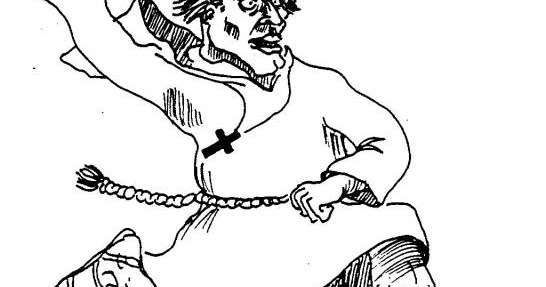


They eventually sought the protection of Emperor Louis IV of Bavaria. He concluded that Pope John XXII was a heretic, a position that he later put forth in writing.īefore a conclusion was reached about the heresy or orthodoxy of Ockham's own philosophy, he fled Avignon on May 26, 1328, with Michael of Cesena and a few other friars. Sometime after April 9, 1328, at the request of Brother Michael of Cesena, head of the Franciscan order, he investigated the controversy between the Franciscans and the Papacy on the doctrine of apostolic poverty, which had become central to Franciscan doctrine, but which was considered highly dubious and possibly heretical by both the Papacy and the Dominican order.

There is evidence that it is not until 1327 that he was actually summoned before the Pope to answer charges made earlier by a commission of experts (without Franciscan representation), but no house arrest followed this exercise, with the Pope reserving judgment. He may in fact have been sent to Avignon in 1324 to teach philosophy at the prestigious Franciscan school, and made enemies among scholastic competitors, especially the followers of Thomas Aquinas (who had been canonized by John XXII one year before Ockham's arrival), some of whom accused Ockham of teaching heresy. The earlier scholarly consensus that he was summoned to Avignon in 1324 by Pope John XXII on accusation of heresy, and spent four years there in effect under house arrest while his teaching and writing were investigated, has recently been challenged. His ideas very soon became the subject of controversy. He did not complete his studies at Oxford, but it was during this period and the years immediately following that he wrote most of the philosophical and theological works on which his reputation primarily rests. Ockham joined the Franciscan order while still very young and was educated first at the Franciscan house in London and then at Oxford. While the use of Ockham's Razor in the later development of philosophy has been decontextualized out of its original theological context, the strength of William of Ockham's philosophy and logic can be attributed to the clarity with which he utilizes the razor to ground his reasoning in his faith.


 0 kommentar(er)
0 kommentar(er)
